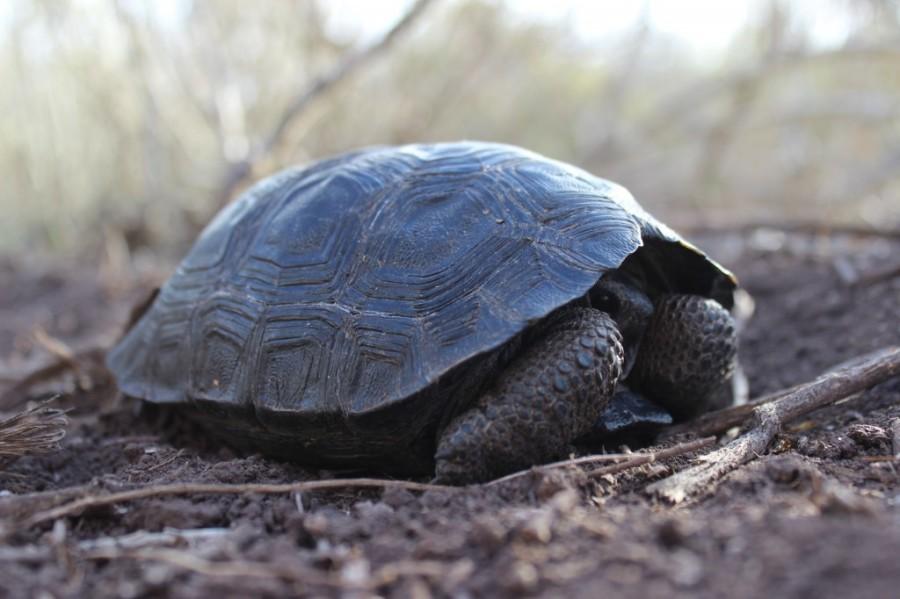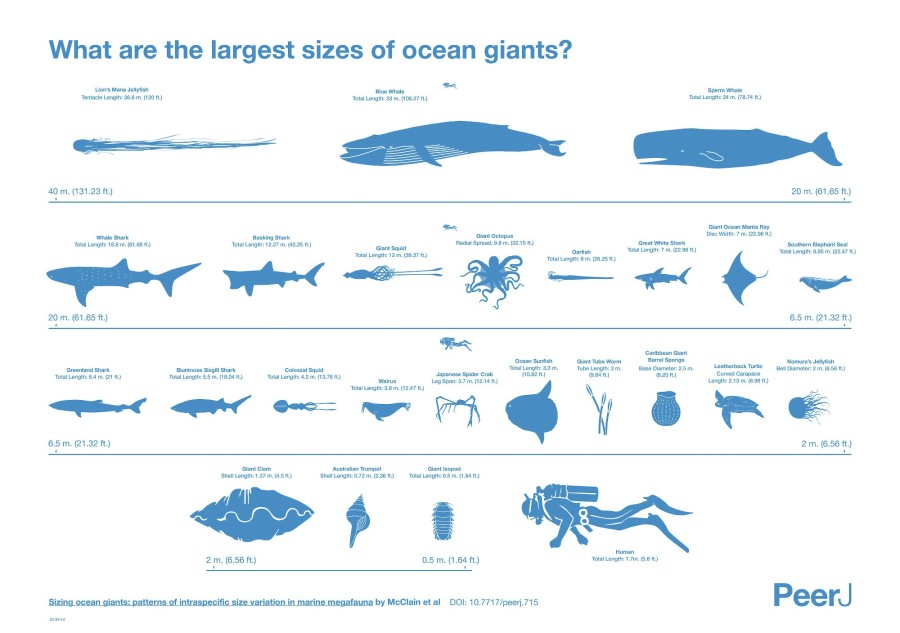When most people think of otters, the image that comes to mind is something small, cute, playful and cuddly. But in the Amazon the local otters are known by another name: river wolf. They get this fierce name from their voracious eating habits. They are adept hunters and eat many different types of fish, including piranha. They are also known as giant river otters, and are native to South America. They are members of the weasel family, and they can grow to be six feet long and about seventy pounds, hence the name.
However, they are best known for their impressive fur. The fur is so dense and has such variety in length, that water never reaches the otter’s skin. Their cubs are even born covered in it, and they are one of the few mammal carnivores to have a fur-covered nose. This amazing fur has also been the root of their struggle to survive. By the 70s, their populations had been decimated as a result of hunting for their pelts. By 1971 there were only twelve giant river otters left. But in 1973 Peru banned the commercial hunting of the otters, and the Convention on International Trade in Endangered Species (CITES) treaty was established and protected endangered plants and animals such as the giant river otter though international agreements.
The otters’ populations have been carefully monitored and protected since then, with numbers in Manu National Park in Peru increasing from forty-nine individuals in 1991 to eighty-one in 2006.
Unfortunately these animals are still listed as an endangered species. This is mainly because of an expected increase in problems like habitat loss. There has also been a history of conflict between these otters and local fishermen, who think that the otters deplete the river’s fish. Gold mining in this area also leads to habitat loss and mercury poisoning (mercury is used to mine the gold, and gets into the river water).
There are options for ecotourism in their habitat now but it is still debated as being potentially helpful or hurtful to the otter’s survival. It brings the issue to light for many people, but can create unnecessary stress for the otters. These grumpy fishermen are yet another species that seems indestructible until it meets humans. Hopefully conservation efforts in the area are able to preserve the otter’s habitat and ensure its survival.
More reading on the river wolves through the links below:
http://news.mongabay.com/2014/1014-hance-giant-river-otters-manu.html
http://www.nature.org/newsfeatures/specialfeatures/animals/mammals/giant-otter.xml
Also, these otters make pretty unusual sounds, here is a link to them vocalizing at someone on the river:



